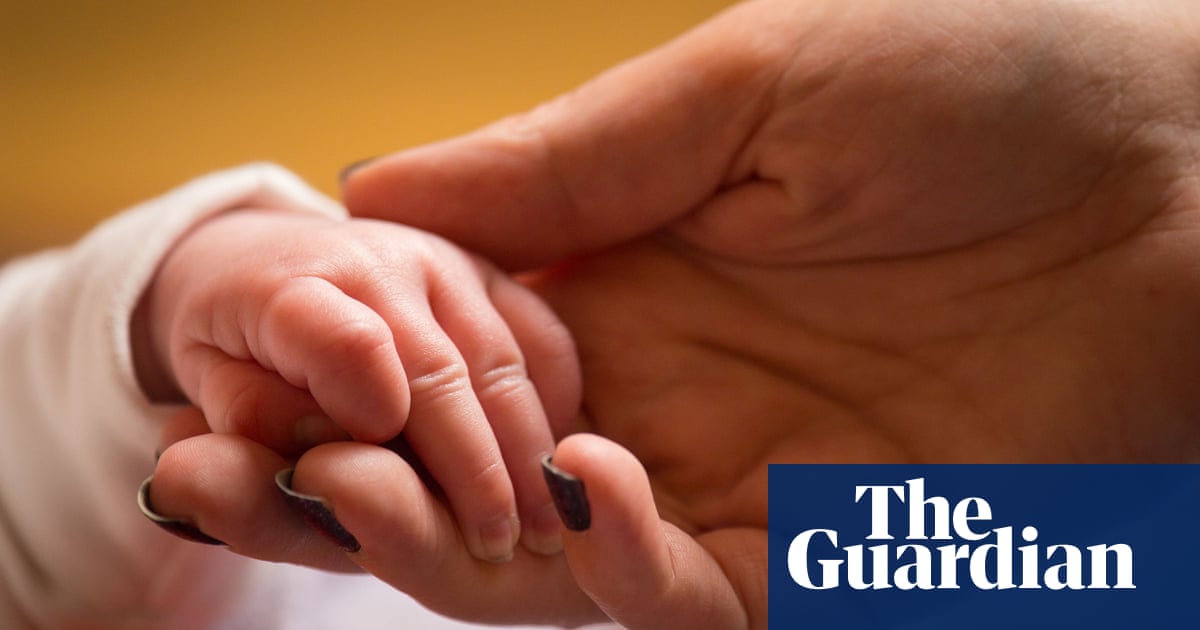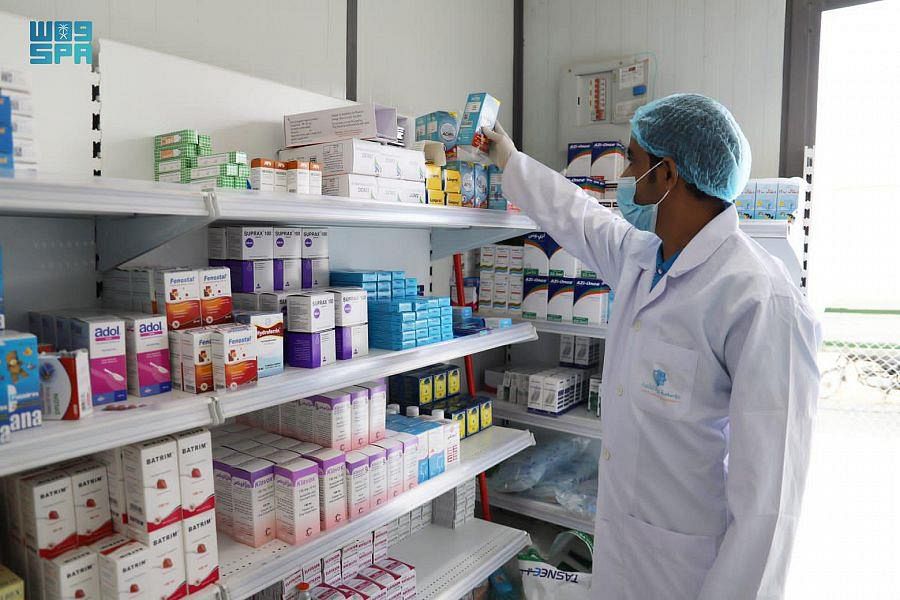
A growing number of private clinics are offering ketamine for depression, according to experts who warn of a potential “wild west” of providers with no national register of patients’ treatment being integrated into overall NHS care.
At least six private providers in the UK offer the drug for depression. In March the first service that also includes psychotherapy opened in Bristol, charging £6,000 for a course of low-dose treatments and talking therapy.
But health experts expressed concern about creating a two-tier system in which the novel treatment is unavailable to NHS patients. They also warned of “doctor shopping”, where patients go to a ketamine clinic one day and another the next without health professionals being able to keep track of who is getting the drug.
Scientists said the NHS healthcare watchdog was taking too long to update its guidance informing clinical practice on prescribing antidepressants in the UK. It was last updated in 2009.
Ketamine has a reputation as a party drug because of its short-term dissociative effects but is licensed as an anaesthetic. When abused, the drug can cause long-term problems such as ulcers, pain in the bladder and kidney problems. But it has shown potential in depression treatment trials for those who are resistant to other treatments.
Because ketamine is licensed to be used by doctors as an anaesthetic it can be prescribed off-licence for depression, which is what is happening in private clinics. To be prescribed on the NHS, it would need to be approved by the National Institute for Health and Care Excellence (Nice) as a cost-effective treatment. Ketamine would also need to be authorised by the Medicines and Healthcare Regulatory Agency to be marketed as a treatment for depression.
Between 10% and 30% of people with depression do not respond to at least two drug treatments, equivalent to about 2.7 million people in the UK.
Prof Allan Young, the clinical academic lead in the psychological medicine and integrated care clinical academic group at the South London and Maudsley NHS Ttrust, said: “If it is being done privately, a big question is how is it integrated into their overall care. The model in this country is GP and then secondary care. Nevertheless, you could potentially go and get ketamine and your GP does not know about it and has no referral to psychiatric services.
“I certainly think the possibility of it being a two-tier system is correct. There may not be equity of access and availability.”
Young raised concern about “doctor shopping”. “I’m not worried about abuse if it is given in a hospital setting,” he said, adding that those who get the drug also need a thorough psychiatric assessment beforehand.
He said people tended to need “ongoing treatments” for the drug to be effective, not just a short-term number of infusions.
“The NHS tends to only do things that are Nice-recommended. The Nice depression guidelines are currently mired in multiple controversies,” Young said. “In a sense, the health watchdog isn’t doing its job in a timely fashion … The evidence base for infusion is small but certainly very suggestive of benefit. The infusion hasn’t been through the big trials. I’d love to see Nice address this.”
The psychedelics researcher Prof David Nutt, of Imperial College London, said he was not sure what was holding back an NHS rollout but there was “resistance to ketamine becoming a licensed medicine”.
“I am not concerned about private clinics as long as they are monitored by the right authorities, such as the CQC [Care Quality Commission] … Of course, I am a great believer in the NHS and would dearly love all treatments to be made available via the health service but if it isn’t then I am glad it can be available elsewhere,” he said.
“There is growing evidence in the near future that ketamine could be a gamechanger for addiction treatment.”
Dr Paul Keedwell, a Cardiff University psychiatrist, said ketamine was an exciting treatment for depression but it was important for private clinics to keep a register of the patients.
Esketamine is a related drug, similar to ketamine, that has been approved for depression. Johnson & Johnson developed the ketamine derivative and sells it as a nasal spray called Spravato. However, Nice has not recommended it for use on the NHS, saying it was not cost-effective. Keedwell said Nice’s concerns could be a “false economy” given the money they could save helping those with treatment-resistant depression.
A Nice spokesperson said: “We are working with Janssen [J&J’s subsidiary] on the appraisal of esketamine and our committee will meet to review the latest evidence on its clinical and cost effectiveness.
“Our updated depression guidelines are due to be released for consultation later this month.”









